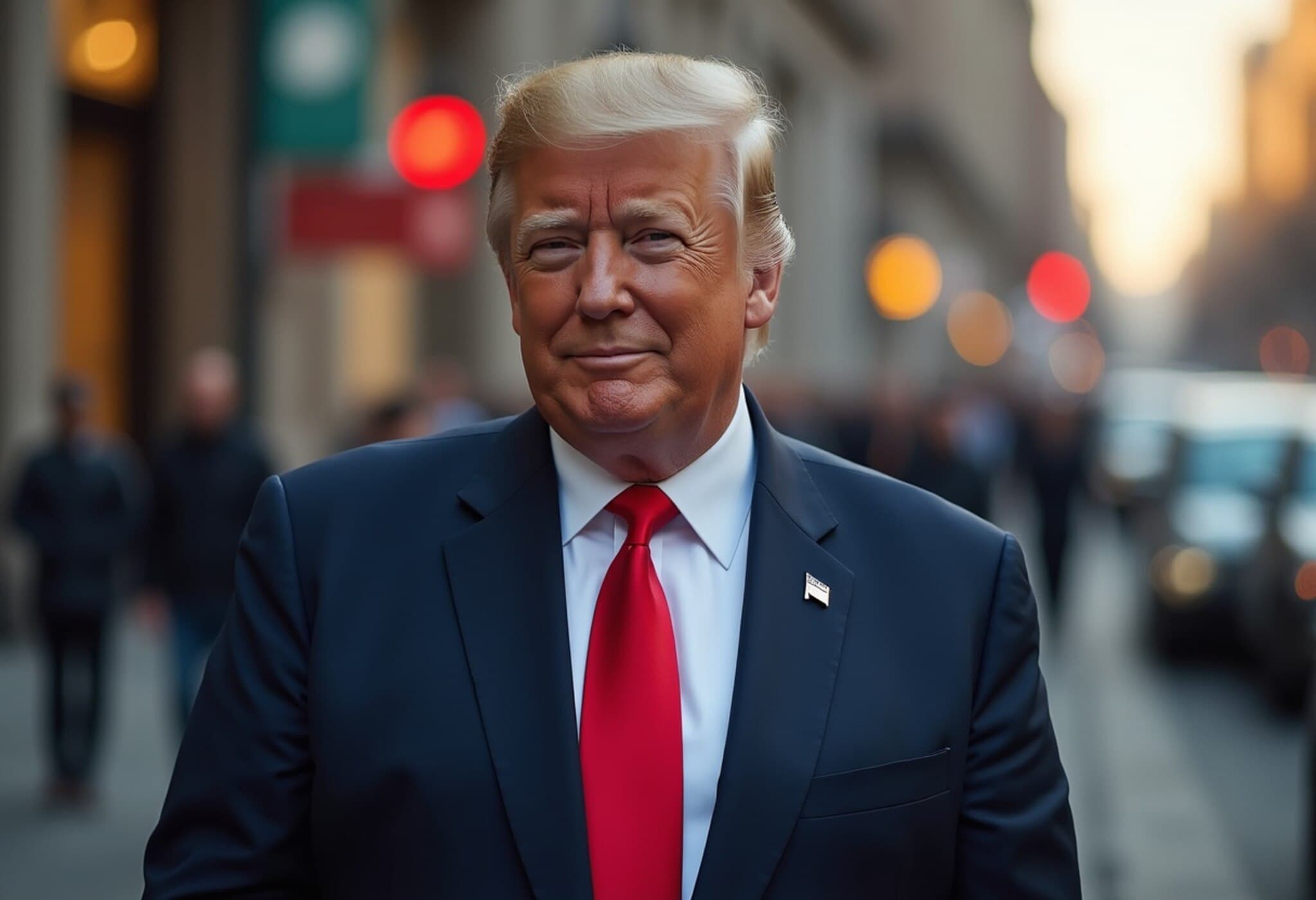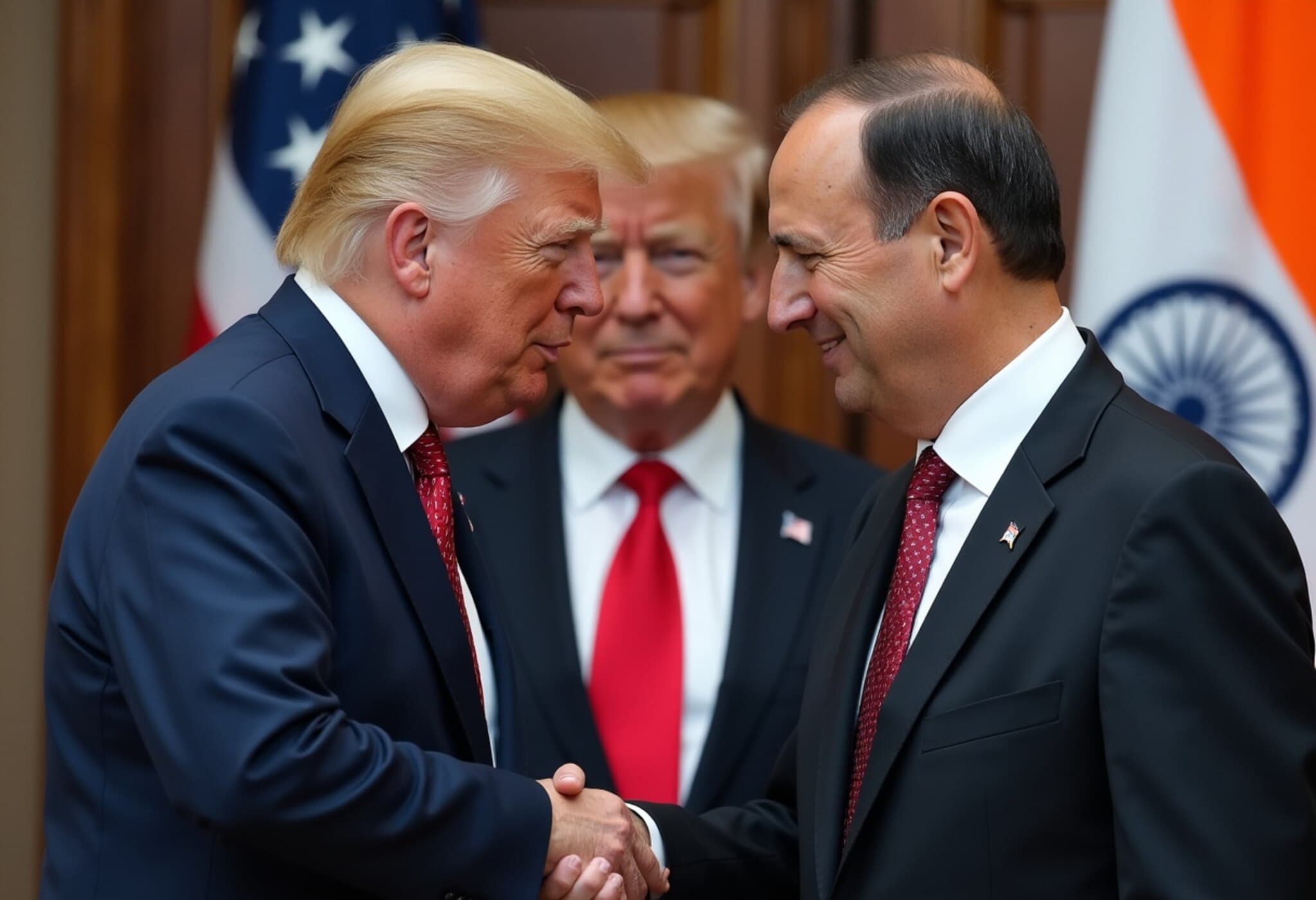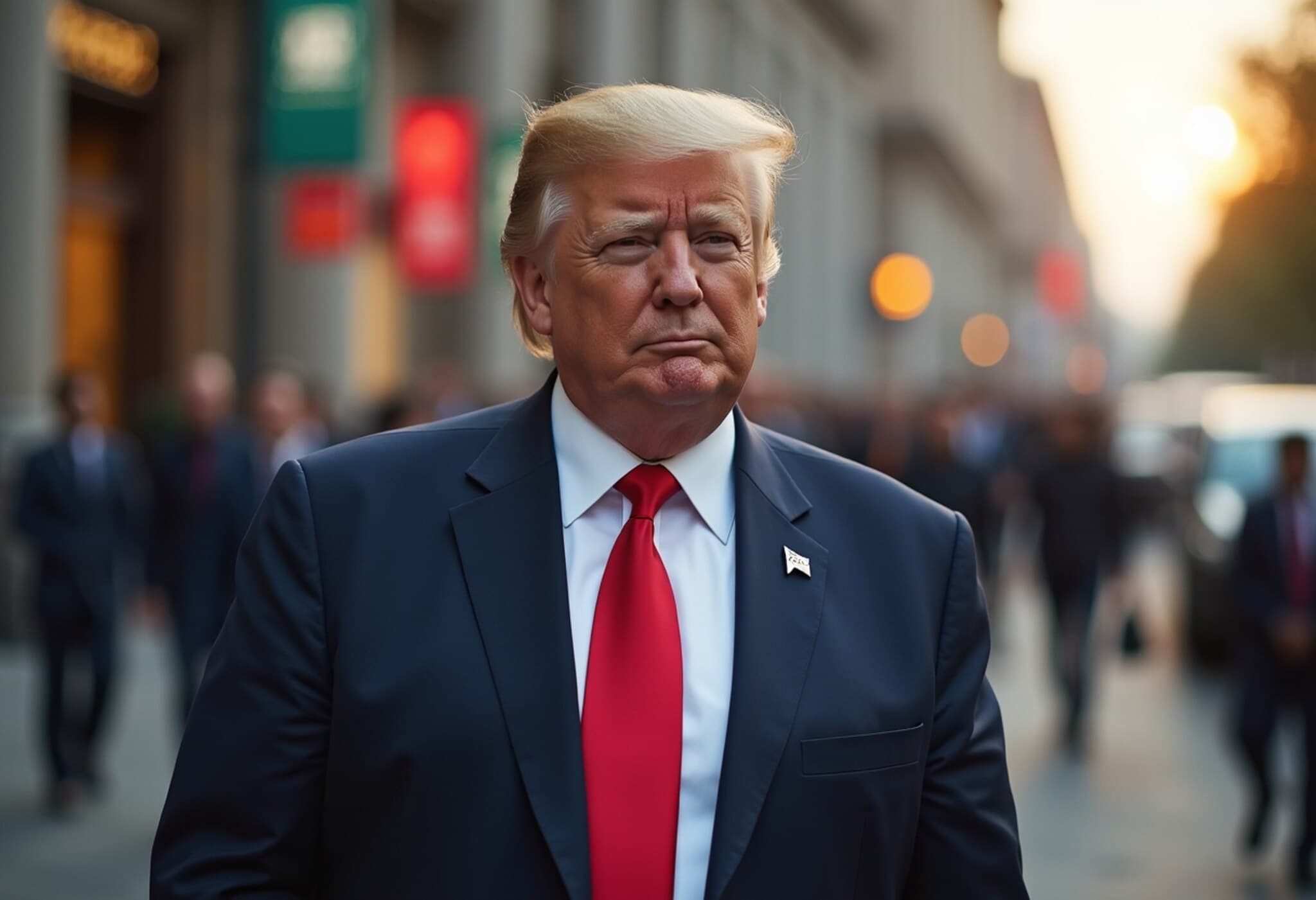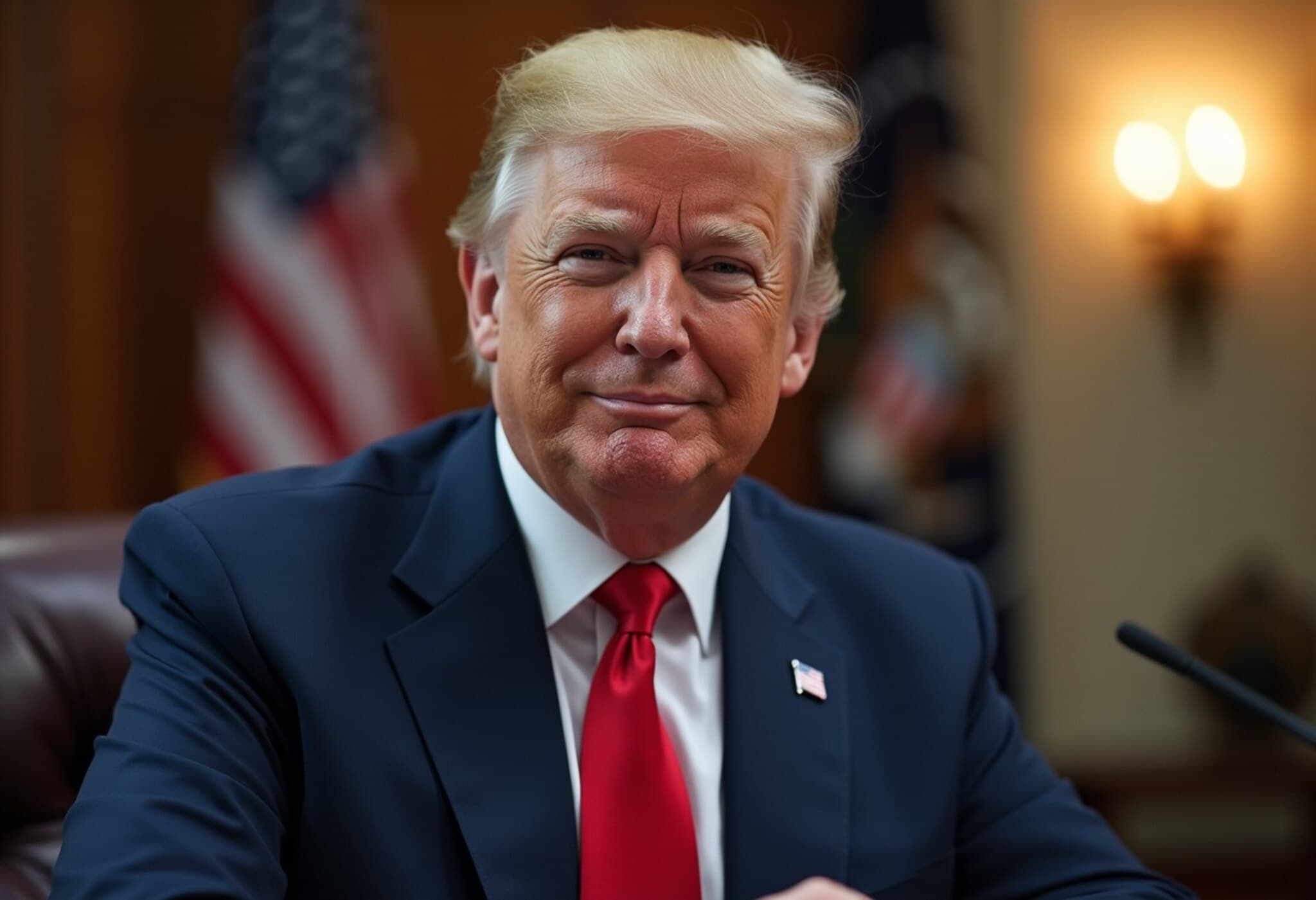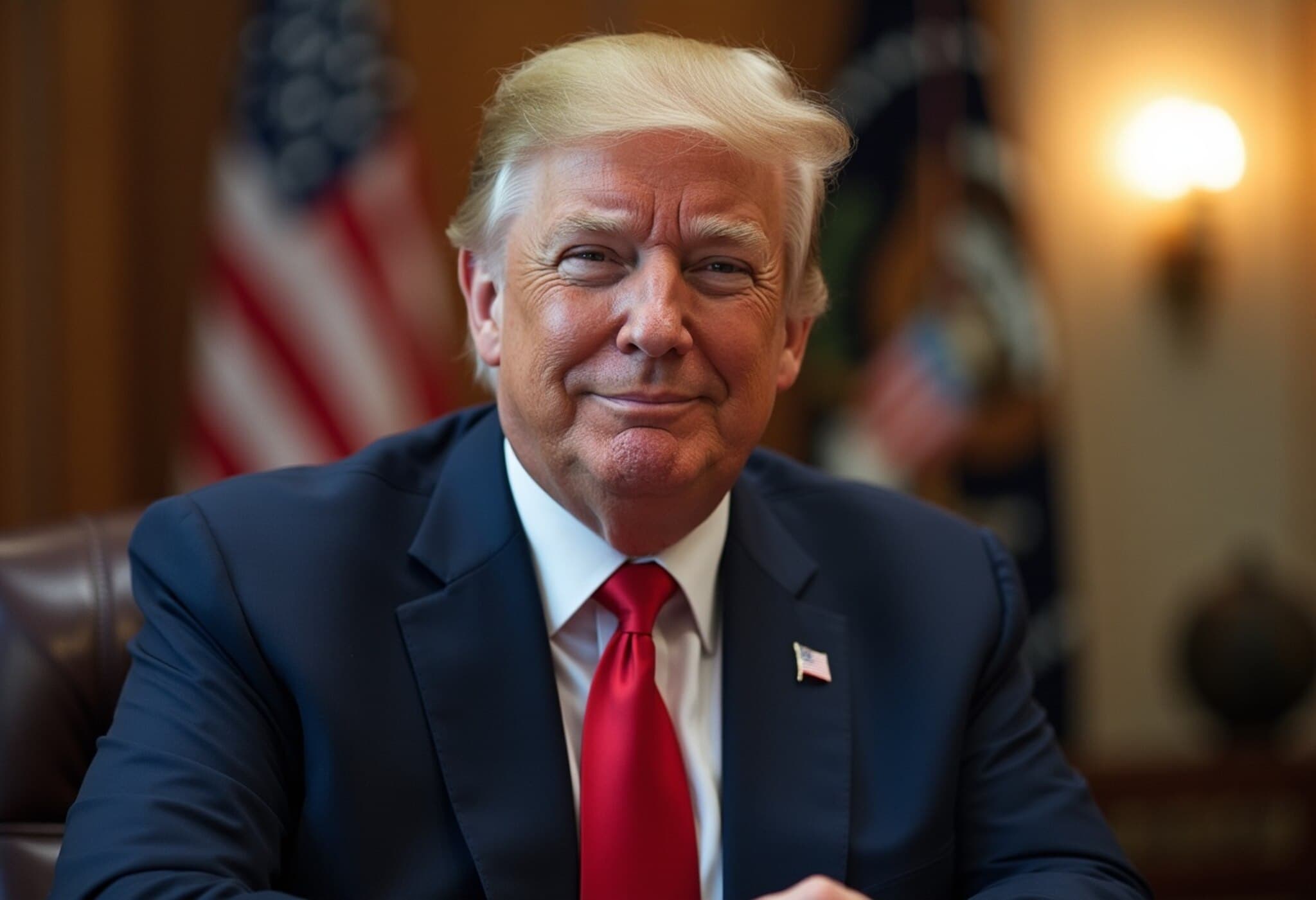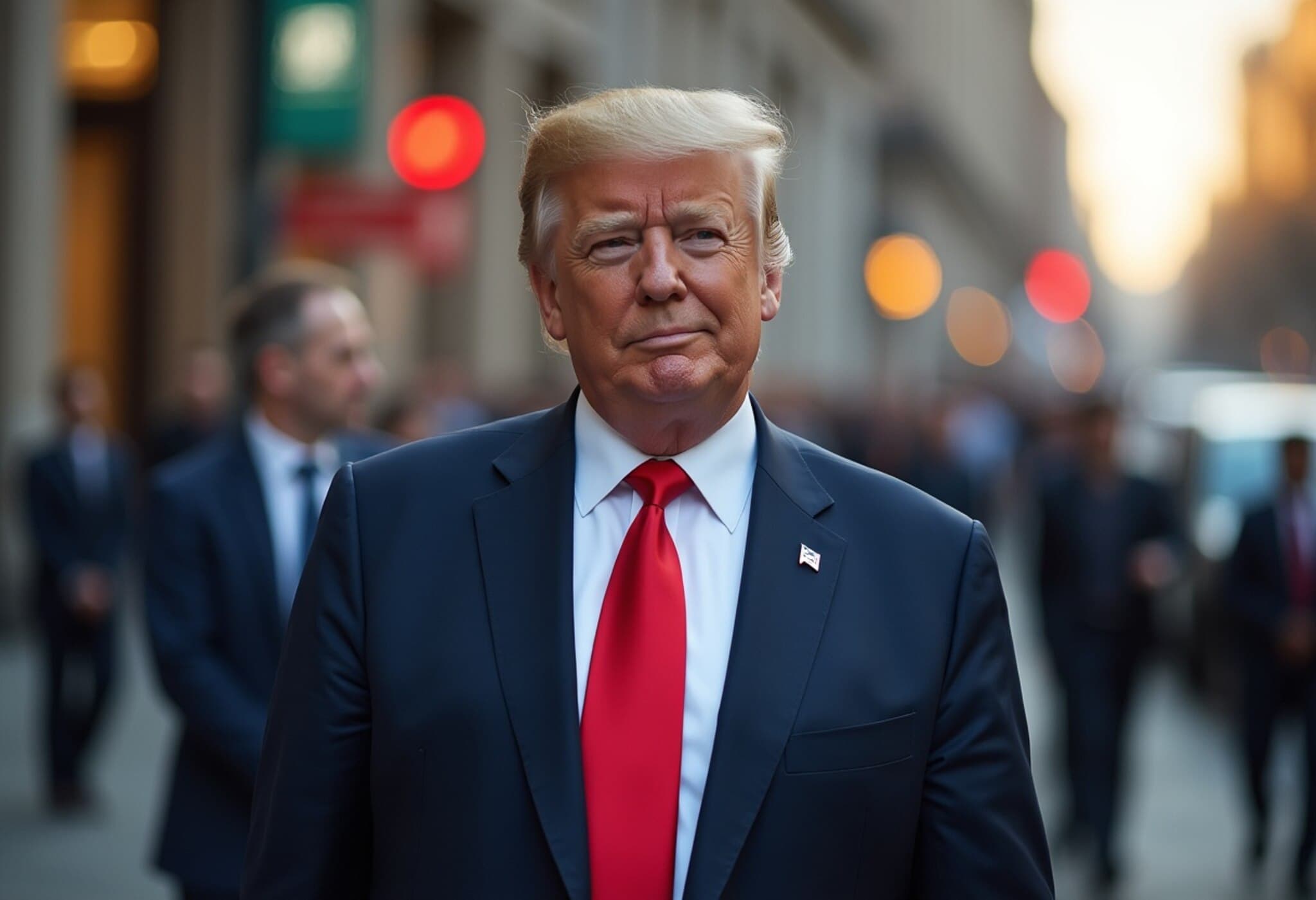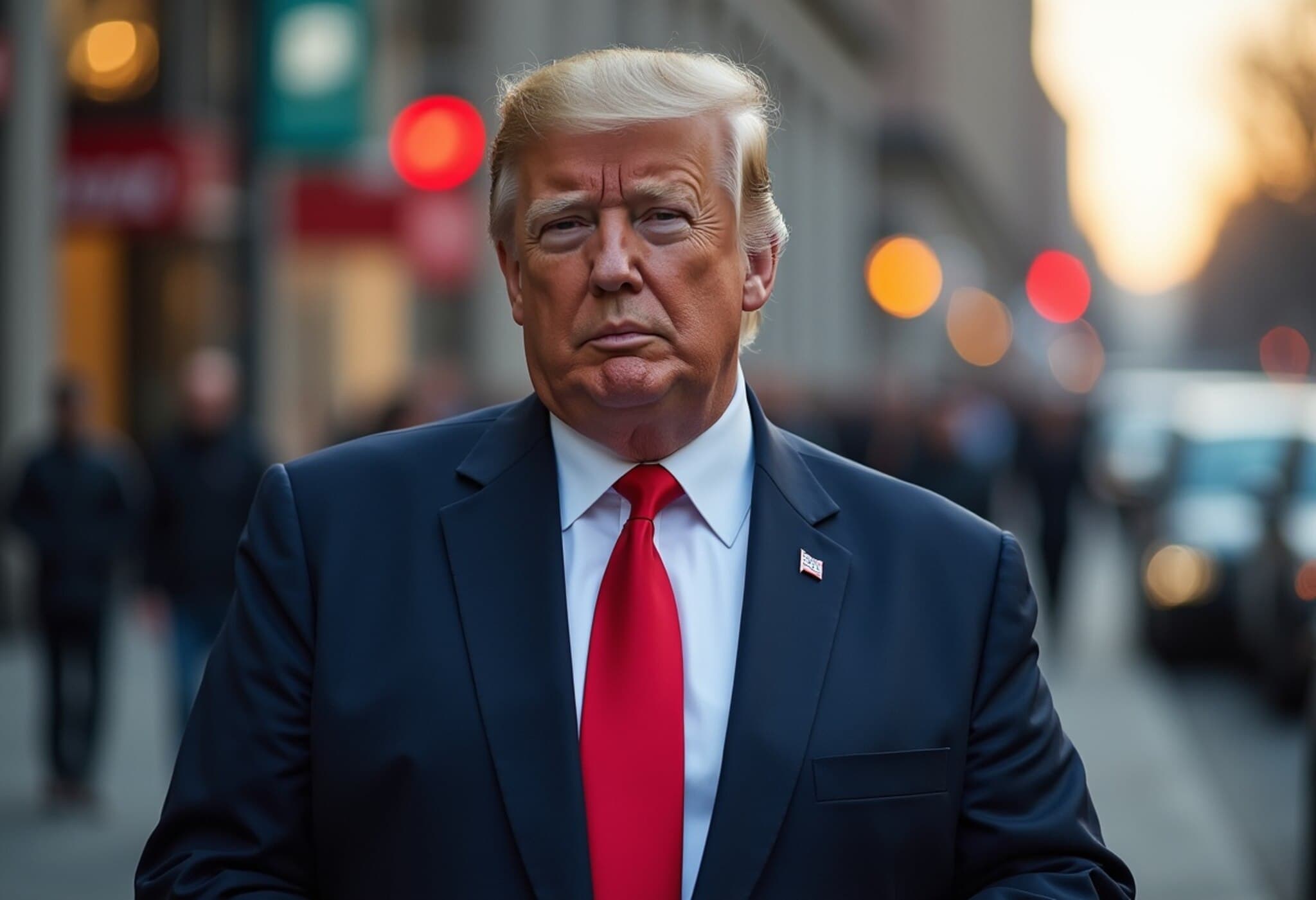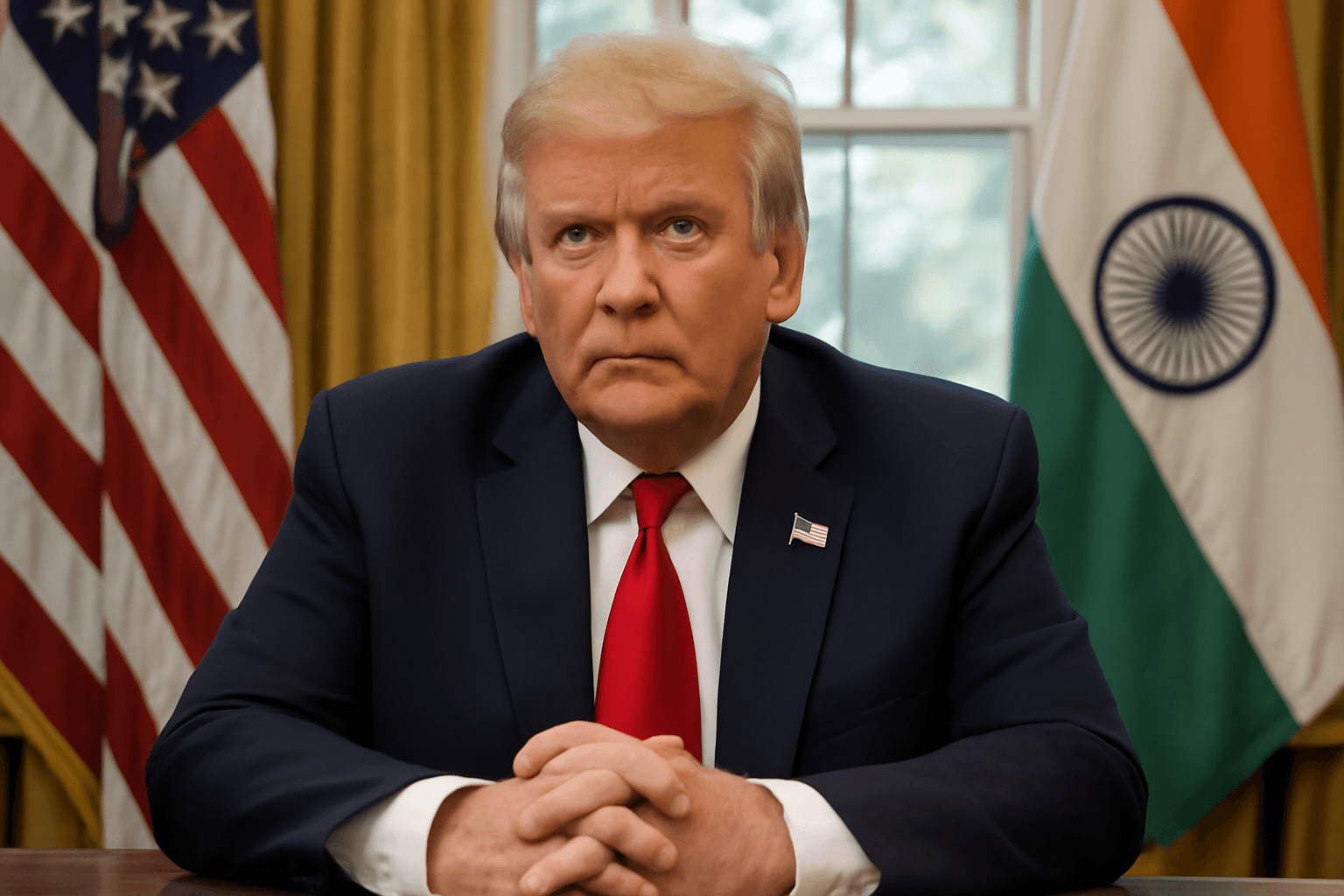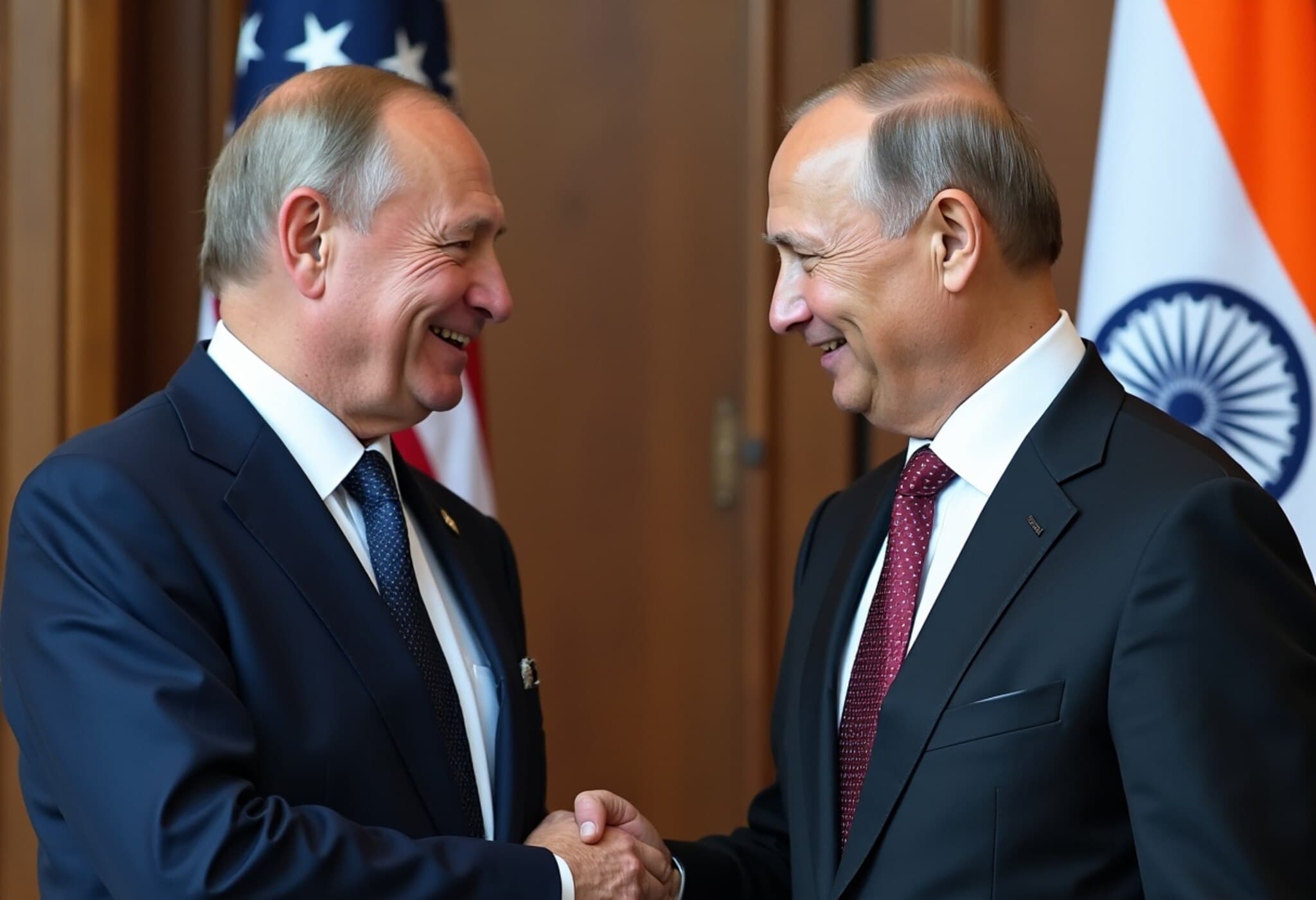Nikki Haley Advocates for Strengthening US-India Relationship Amid Trade Disputes
In the midst of escalating tensions between the United States and India over trade policies and energy procurement, former US Ambassador to the United Nations Nikki Haley has called for preserving the important alliance with India rather than jeopardizing it. Haley, an Indian-American Republican leader and former Governor of South Carolina, emphasized that the US should not undermine its relationship with India while appearing lenient towards China.
Haley's Stand on US Foreign Policy and Trade
Haley’s remarks came shortly after President Donald Trump announced plans to increase tariffs on Indian imports significantly, criticizing India for continuing to purchase Russian oil amid Western sanctions. Haley expressed concern that while China—considered an adversary by the US—received a 90-day tariff pause despite being the largest buyer of Russian and Iranian oil, India faced harsher penalties.
“India should not be buying oil from Russia. But China, an adversary and the number one buyer of Russian and Iranian oil, got a 90-day tariff pause,” Haley posted on X (formerly Twitter). “Don’t give China a pass and burn a relationship with a strong ally like India.”
Haley's history as the first Indian-American cabinet-level official in a US administration lends weight to her perspective on the bilateral relationship, underscoring the strategic importance of India as a partner in geopolitical and economic terms.
Context: Tensions Over Russian Oil and Trade
President Trump criticized India for its ongoing purchase of Russian crude oil, warning it bolsters what he termed the “war machine.” This was met with swift rebuttals from New Delhi, which condemned accusations from the US and the European Union as “unjustified and unreasonable.” India has defended its position, citing energy security and global market dynamics as complex factors governing its buying decisions.
Trump’s decision to raise tariffs on Indian goods places the longstanding US-India partnership under strain just as both nations navigate broader global challenges including China's rising influence and Russia’s geopolitical moves.
US-China Relations: A Contrasting Approach
In contrast to its approach towards India, the US under Trump appeared to maintain a cooperative stance with China. In a recent interview, Trump described his relationship with Chinese President Xi Jinping as “very good” and hinted at a possible high-level meeting pending trade deal progress.
“We’re getting very close to a deal,” Trump said, adding that China is highly reliant on the US economically. This nuanced diplomacy—elevating China despite its contentious policies while penalizing India—raises important questions about strategic priorities in US foreign policy.
Expert Analysis: Navigating Geopolitics and Economics
- Strategic Partnerships: India represents a critical counterbalance to China’s expanding influence in Asia. Maintaining strong relations with New Delhi supports US interests in regional stability and economic growth.
- Trade vs. Security: The US faces a complex challenge balancing punitive trade measures against energy decisions that conflict with its geopolitical goals, without alienating a key democratic ally.
- Global Energy Dynamics: India’s energy procurement strategy reflects broader global interdependencies, where oil deals intersect with diplomatic alliances and sanctions regimes.
For American policymakers, Haley’s appeal underscores a broader debate: how to foster durable alliances in a multipolar world without undermining core economic interests. It invites reflection on the potentially divisive impacts of tariff policies and the need for more nuanced, long-term diplomatic engagement.
Editor's Note
The unfolding US-India trade dispute, juxtaposed with the US-China relationship, highlights the delicate balancing act in contemporary geopolitics. Haley’s call not to sacrifice a “strong ally” like India over tariff disagreements is a reminder that alliances are not static transactions but dynamic partnerships that require empathy, strategic foresight, and a willingness to accommodate complex national interests. As the US recalibrates its foreign policy for the 21st century, questions remain about how it will reconcile trade enforcement with the imperative to build resilient, trustworthy global partnerships.


